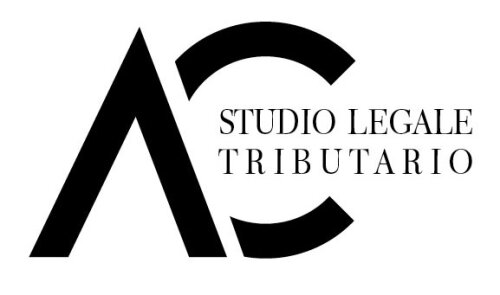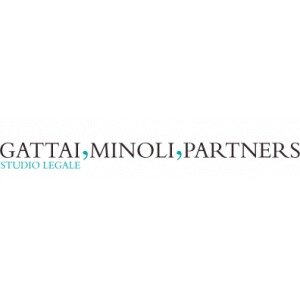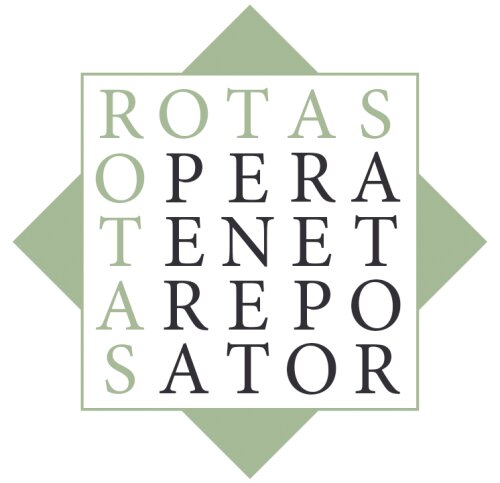Best Energy Regulatory Law Lawyers in Rome
Share your needs with us, get contacted by law firms.
Free. Takes 2 min.
List of the best lawyers in Rome, Italy
About Energy Regulatory Law in Rome, Italy
Energy Regulatory Law in Rome, Italy, refers to the framework of rules, regulations, and policies that govern the production, distribution, and consumption of energy within the city and the broader Italian context. Italy's capital, Rome, is at the center of national and EU-level legislative developments. Italian energy laws are shaped by both national statutes and European Union directives that focus on liberalization, sustainability, competition, environmental targets, and the effective management of resources. Regulatory bodies, most notably ARERA (the Regulatory Authority for Energy, Networks and Environment), set out the requirements and monitor compliance for energy providers and consumers throughout Rome and the region.
Why You May Need a Lawyer
There are numerous situations in which individuals, businesses, or public entities in Rome may require the expertise of a lawyer specializing in Energy Regulatory Law. Common scenarios include:
- Negotiating contracts for the purchase or sale of energy such as electricity or gas
- Navigating licensing or permitting processes for new energy installations, including renewable energy plants
- Responding to investigations, fines, or compliance actions from regulatory authorities
- Disputes over tariffs, meter readings, or service outages with energy providers
- Advising on compliance with energy efficiency requirements and sustainability obligations
- Handling mergers, acquisitions, or asset transfers in the energy sector
- Representing interests in public consultations or regulatory proceedings
Specialized legal support can help you understand your rights and obligations, avoid costly mistakes, and ensure your business or project complies with all applicable laws.
Local Laws Overview
The energy sector in Rome is primarily regulated by Italian national legislation, integrated with EU directives and regulations. Some of the key aspects of local laws relevant to Energy Regulatory Law include:
- Deregulation and Competition - Italy has liberalized its energy markets, encouraging competition among suppliers while maintaining oversight of grid operators and critical infrastructure.
- Licensing and Permitting - Energy production, distribution, and sale often require specific licenses or permits from national or local authorities, based on the type and scale of activity.
- Renewable Energy Policy - Incentives and support mechanisms exist for solar, wind, biomass, and other renewables, but such projects must comply with zoning, safety, and environmental regulations in Rome.
- Tariff Setting - ARERA regulates how tariffs for electricity and gas are set, including protections for consumers and rules for market players.
- Environmental Regulation - Strict rules govern emissions, energy efficiency, and environmental impact, especially for large-scale energy projects.
- Consumer Rights - Strong consumer protection laws relate to billing, connection, disconnection, and dispute resolution for end-users in Rome.
Frequently Asked Questions
What is the main regulatory authority for energy in Rome, Italy?
The main regulatory authority is ARERA (Autorità di Regolazione per Energia Reti e Ambiente), which oversees electricity, gas, water, and waste cycle markets.
Do I need a permit to install solar panels in Rome?
Most solar panel installations require permits or communications to local authorities, especially if they impact public spaces or protected buildings. Italian and EU incentives are available for compliant installations.
How are electricity tariffs regulated in Rome?
ARERA sets guidelines for tariff structures. While large consumers often negotiate directly with suppliers, household and small business rates are regulated with certain protections.
Are there incentives for renewable energy projects in Rome?
Yes, Italy provides incentives such as tax credits and feed-in tariffs for approved renewable projects, subject to compliance with local and national requirements.
Can I choose my energy supplier?
Yes, the Italian energy market is liberalized, allowing consumers in Rome to choose from a selection of accredited energy suppliers.
What should I do in case of a dispute with my energy supplier?
First, contact the supplier to try and resolve the issue. If unresolved, you may escalate the matter to ARERA or seek legal advice to protect your interests.
What environmental rules apply to energy projects in Rome?
Energy projects must comply with environmental impact regulations at both local and national levels, including limits on emissions and requirements for environmental assessments.
How can businesses ensure compliance with energy laws?
Businesses should regularly review legal obligations, keep up to date with regulatory developments, and consult a lawyer specializing in energy regulatory matters for ongoing compliance strategies.
Can foreign entities participate in the Rome energy market?
Yes, foreign companies can enter the Italian energy market, but they must comply with national licensing, regulatory, and tax laws, as well as any EU directives in force.
What happens if I fail to comply with energy regulations in Rome?
Non-compliance can result in administrative fines, suspension of services, revocation of licenses, and in severe cases, criminal liability. Early legal advice can help avoid these risks.
Additional Resources
Those seeking information or support regarding Energy Regulatory Law in Rome, Italy, can consult the following resources:
- ARERA - Autorità di Regolazione per Energia Reti e Ambiente: The main Italian energy regulator, responsible for oversight and consumer protection.
- Ministry of the Environment and Energy Security (Ministero dell'Ambiente e della Sicurezza Energetica): Responsible for energy policy, environment, and sustainability targets.
- GSE - Gestore dei Servizi Energetici: Manages renewable energy incentives and certificates.
- Italian Energy Services Operator: Provides information on renewable energy financing and support mechanisms.
- Chamber of Commerce of Rome: Offers local business support and information on permits and authorizations.
Next Steps
If you need legal assistance regarding Energy Regulatory Law in Rome, consider the following steps:
- Identify whether your issue relates to consumer rights, business operations, regulatory compliance, or another area.
- Gather relevant documents, such as contracts, correspondence, permits, or notices from authorities.
- Contact a lawyer specializing in energy regulatory matters who practices in Rome and is familiar with both national and local requirements.
- Prepare questions for your initial consultation to ensure you cover all aspects of your legal issue.
- Stay informed about changes in regulations and deadlines for applications or appeals to safeguard your interests.
Proactive legal advice can help you navigate complex energy regulations and ensure the best outcome for your specific situation.
Lawzana helps you find the best lawyers and law firms in Rome through a curated and pre-screened list of qualified legal professionals. Our platform offers rankings and detailed profiles of attorneys and law firms, allowing you to compare based on practice areas, including Energy Regulatory Law, experience, and client feedback.
Each profile includes a description of the firm's areas of practice, client reviews, team members and partners, year of establishment, spoken languages, office locations, contact information, social media presence, and any published articles or resources. Most firms on our platform speak English and are experienced in both local and international legal matters.
Get a quote from top-rated law firms in Rome, Italy — quickly, securely, and without unnecessary hassle.
Disclaimer:
The information provided on this page is for general informational purposes only and does not constitute legal advice. While we strive to ensure the accuracy and relevance of the content, legal information may change over time, and interpretations of the law can vary. You should always consult with a qualified legal professional for advice specific to your situation.
We disclaim all liability for actions taken or not taken based on the content of this page. If you believe any information is incorrect or outdated, please contact us, and we will review and update it where appropriate.
















